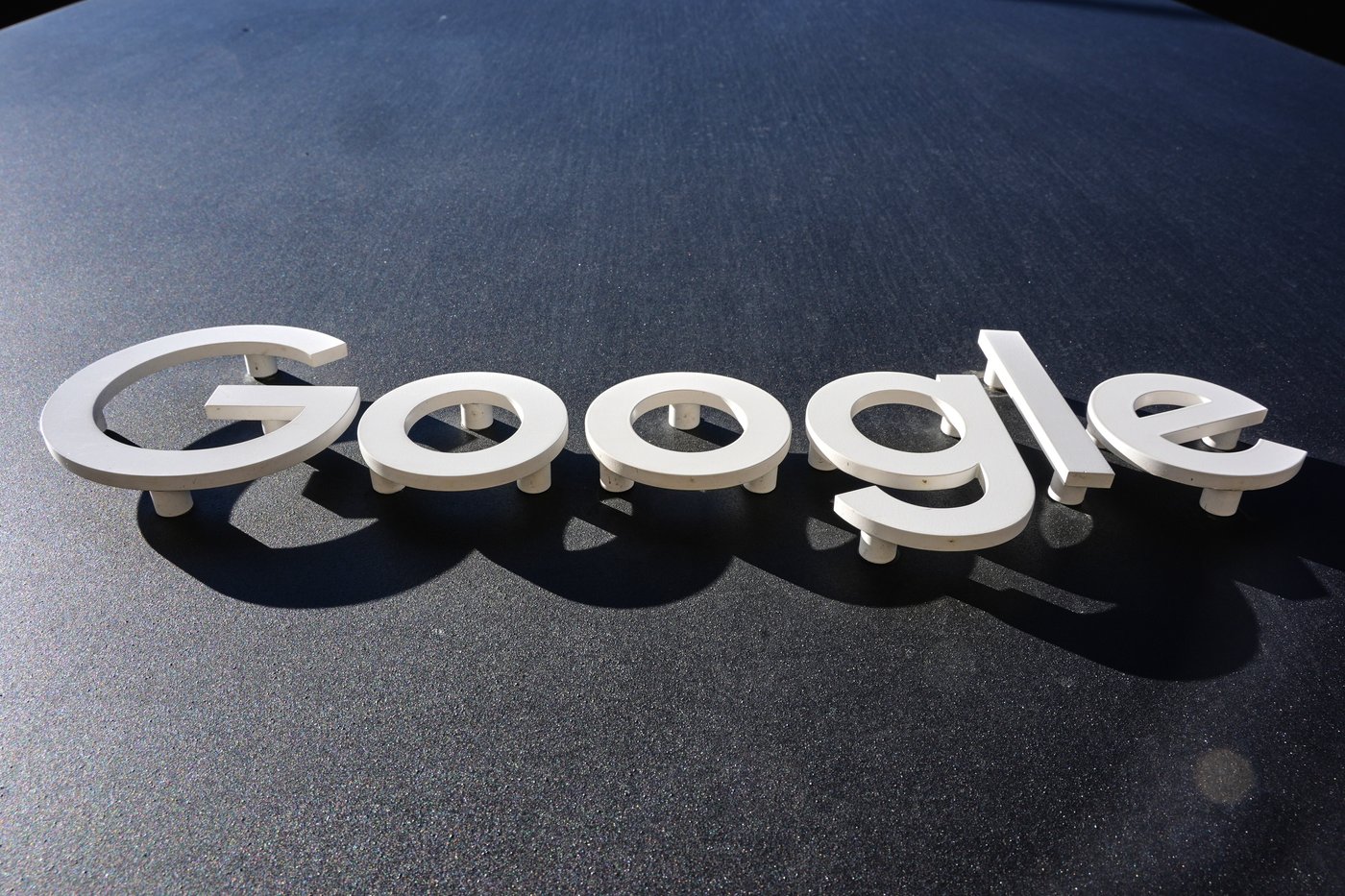Elevate your local knowledge
Sign up for the iNFOnews newsletter today!

BRUSSELS (AP) — European Union regulators said Thursday they’re investigating whether Google is unfairly demoting some content from media publishers in search results under a policy the company says is aimed at combating scammers.
Brussels moved forward despite the risk of incurring the wrath of President Donald Trump, who has lashed out at the 27-nation bloc’s digital regulations and vowed to retaliate if American tech companies are penalized.
The investigation could result in the latest multibillion-euro fine for the U.S. digital giant from the European Commission, which is the bloc’s highest antitrust enforcer.
“We are concerned that Google’s policies do not allow news publishers to be treated in a fair, reasonable and non-discriminatory manner in its search results,” said Teresa Ribera, an executive vice-president at the Commission.
“We will investigate to ensure that news publishers are not losing out on important revenues at a difficult time for the industry, and to ensure Google complies with the Digital Markets Act,” Ribera added, referring to the bloc’s sweeping rulebook designed to stop tech companies from monopolizing digital markets.
The commission, the EU’s executive branch, said it had received indications that Google is demoting certain search results according to its site reputation abuse policy.
But Google said the policy protects European users from “deceptive, low quality content and scams” and “shady tactics” used to promote them so that they show up in search results.
Pandu Nayak, chief scientist at Google Search, said in a blog post that the company said it’s trying to prevent spammers from abusing search results by buying paid-for content on a publisher’s website to trick readers into clicking on low-quality content.
Nayak said the investigation was misguided and without merit.
“Unfortunately, the investigation announced today into our anti-spam efforts is entirely misguided and risks harming millions of European users,” Google Search’s chief scientist, Pandu Nayak, said in a blog post.
“If we allowed this behavior — letting sites use sketchy tactics to boost their ranking, instead of investing in creating high-quality content — it would enable bad actors to displace sites that don’t use those spammy tactics, and it would degrade Search for everyone,” Nayak said.
But the Commission said the policy hurts “a common and legitimate way for publishers to monetize their websites and content” and could violate the DMA’s rules requiring digital gatekeepers like Google to treat other businesses fairly.
The EU drew outrage from Trump in September, when it fined Google 2.95 billion euro ($3.5 billion) for breaching the 27-nation bloc’s competition rules by favoring its own digital advertising services. It was the fourth time Brussels has sanctioned Google with a multibillion-euro fine in an antitrust case, in a wider battle with between the EU and Big Tech that dates back to 2017.
The EU’s new investigation must conclude within 12 months. It could fine Google parent Alphabet 10% or more of annual global revenue. The Commission said it could even dismantle and sell off parts of its business.
Want to share your thoughts, add context, or connect with others in your community?
You must be logged in to post a comment.